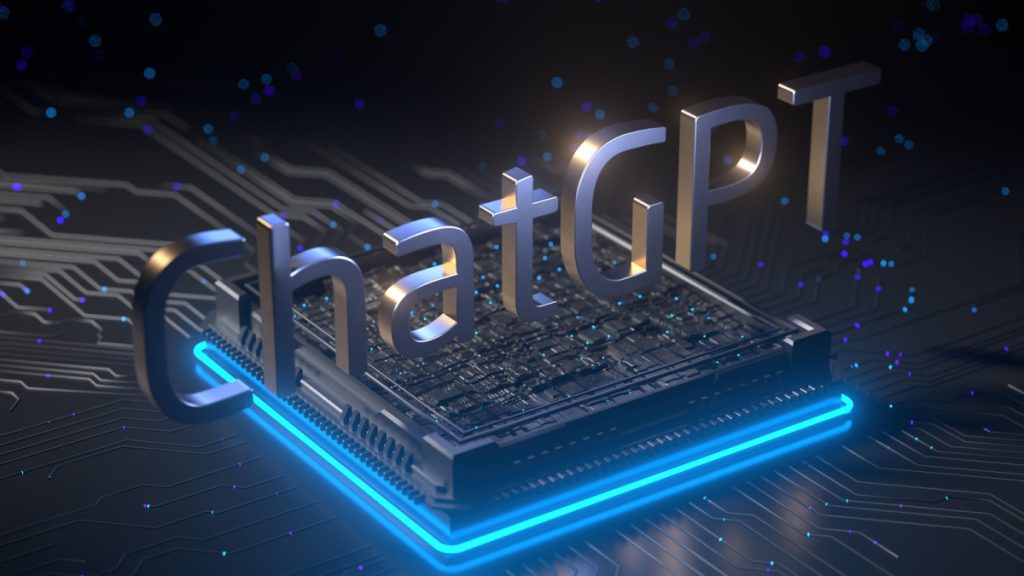
Despite the absence of ChatGPT-5 in development, word on the web is that ChatGPT-5 might overcome challenges faced by ChatGPT-4, in terms of improved context understanding, reduced bias, and enhanced security and privacy features.
Despite ChatGPT-5 not being anywhere near conceived, the web is buzzing with rumors and speculations about the 5th generation of OpenAI’s GPT series of language models. Some of these rumors are borderline fearmongering as they claim that the conversational AI model will be THE artificial general intelligence (AGI) of our time. But, honestly, they need to calm down because, so far, it is just a more advanced version of its predecessor.
GPT-5’s Rumored New Features
Logic dictates that what comes next needs to be better. GPT-4 had some shortcomings that left quite a bit to be desired. So, it is only reasonable to expect better EVERYTHING with the new version.
Improved Architecture
GPT-5 might use an advanced architecture that would allow it to process and generate language more efficiently and accurately than previous versions. This architecture would include graph neural networks and attention mechanisms, which would help the model to better understand the relationships between words and phrases.
Enhanced Training Techniques
GPT-5 will probably use a more extensive and diverse training dataset, which would help it to learn and generalize language patterns better. Additionally, GPT-5 is rumored to use unsupervised training, allowing it to learn from unstructured data without human supervision. This means that GPT-5 could learn from a wider variety of data, which could improve its ability to generate realistic and coherent text.
Better Language Modeling Capabilities
The advanced AI is rumored to be designed to understand and generate language in a more human-like way. It could comprehend and generate more nuanced and complex language structures, such as sarcasm and irony. Additionally, GPT-5 could produce more coherent and logical responses.
Multilingual Support
GPT-5 is rumored to be designed to support multiple languages, making it a valuable tool for language translation and other applications that require multilingual support. For example, GPT-5 could be used to translate text from one language to another or to generate text in a specific language.
GPT-4 vs GPT-5
ChatGPt-4 was an amazing improvement on ChatGPT-3.5. However, it wasn’t quite there yet. It had quite egregious shortcomings.
- Context and Nuances: ChatGPT 4 may struggle to comprehend the underlying meaning or intent behind a user’s input.
- Ambiguous or Unclear Inputs: ChatGPT 4 may have difficulty handling ambiguous or unclear inputs.
- Biased or Offensive Responses: ChatGPT 4 may generate biased or offensive responses, such as a response that is associated with negative stereotypes or prejudices.
- Security and Privacy Issue: malicious code and phishing emails production.
ChatGPT-5 might address some of the challenges faced by ChatGPT-4, including security and privacy issues. It might have a better understanding of the context and nuances of human language, which will allow it to generate more relevant and accurate responses. It might also be less likely to generate biased or offensive responses, and to have enhanced security and privacy features. However, these are just rumors and speculation, and OpenAI has not yet released any official information about ChatGPT-5.
Final Thoughts
What is it about our day and age that has people talking and “demanding” the next iteration the minute OpenAI announced GPT-4? Is it Capitalism? Consumerism? But I digress. I do want to point out, however, that the same people that have trained GPT-4 will train GPT-5. What does that say about its bias? People do learn from their mistakes, but the dataset is so vast I doubt they can mitigate everything.
Inside Telecom provides you with an extensive list of content covering all aspects of the tech industry. Keep an eye on our Intelligent Tech sections to stay informed and up-to-date with our daily articles.